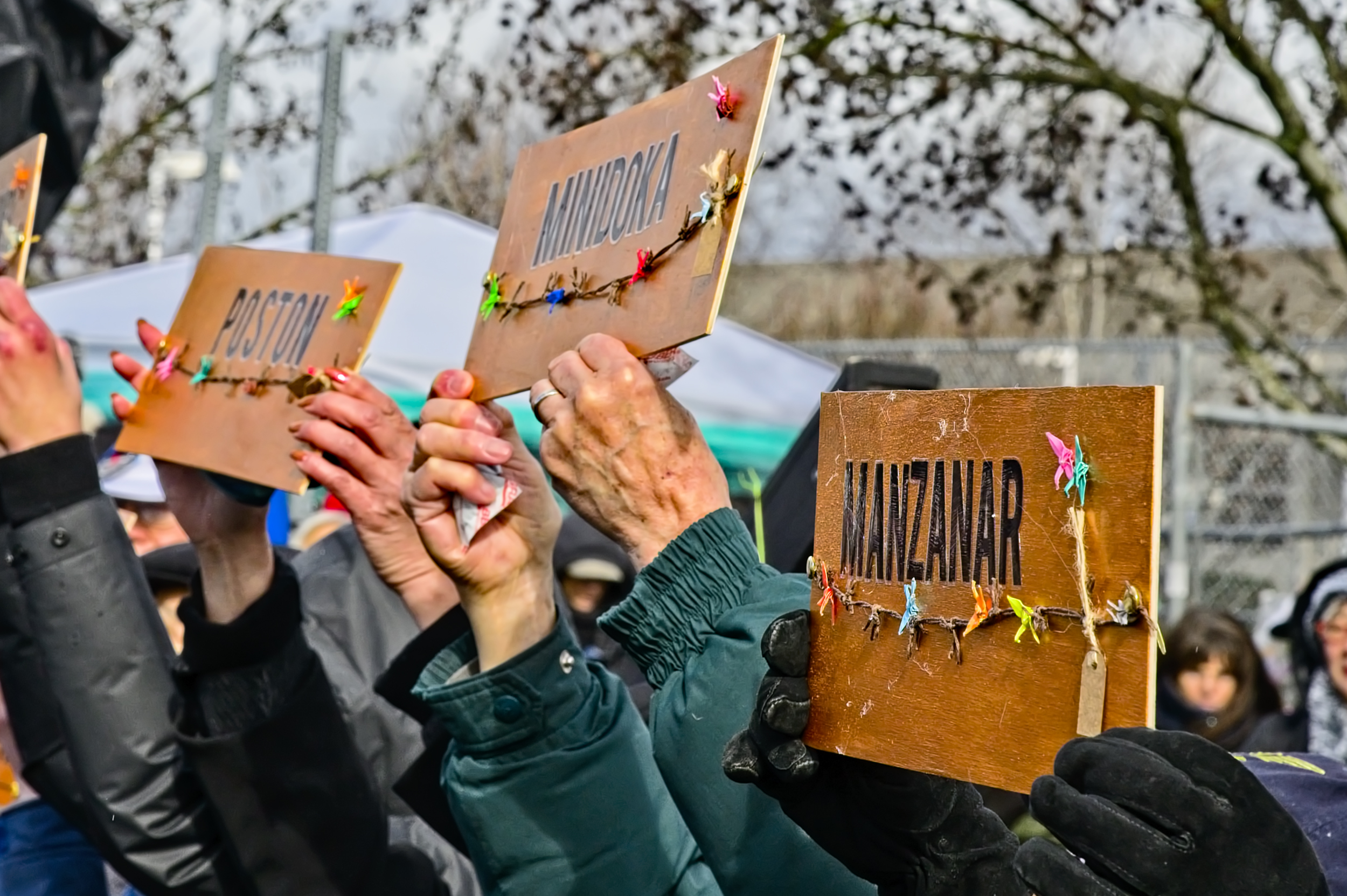February 19, 2025
We reflect today on the signing of Executive Order 9066 in 1942, which led to the forced removal and incarceration of over 125,000 Japanese Americans. As we honor the memory of those who endured this injustice on this Day of Remembrance, we recognize that the work of preserving and sharing history has never been more urgent.
Archives, sites of memory, and commemorations are being threatened. Federal funding that supports the humanities is at risk, and institutions like the National Park Service that steward sites of memory are also under attack. When the custodians of our collective memory are undermined, the risk of erasure, distortion, and historical amnesia becomes even more acute, threatening the public’s access to an accurate and inclusive understanding of the past. Recent efforts to sanitize difficult truths, restrict how history is taught, or limit discussions around race, identity, civil liberties, and constitutional rights, pose a direct challenge to the integrity of our work and will test our resilience.
We are already seeing the impact of this shifting climate at the community level. The recent decision by the Pike Place Market Foundation to withdraw support from a Day of Remembrance event that was to take place at the Market underscores how public commemorations are increasingly vulnerable to political and social pressures. Events like this are not just ceremonial, they are critical acts of collective memory. They help communities confront difficult histories while honoring those who were impacted. When such commemorations are silenced, it weakens the public’s ability to engage with historical truths.
At Densho, we believe that stewarding the past is essential work. Archives like ours are more than collections of the past. Archives are living tools for education, resistance, and truth-telling. They can also be dynamic forces that shape how history is remembered and understood in the present. The choices of whose stories are included or excluded in archives significantly influence collective memory, shaping not only our understanding of historical events but also our perceptions of identity and community. Memory is not something that exists on its own; it requires action. It only lives through the stories we tell, the archives we protect, the commemorations we hold, and the histories we choose to pass down. That belief is at the core of what we do at Densho. It is embedded in our organization’s name — den (伝), meaning to convey or transmit, combined with sho (承), to receive or inherit.
Now more than ever, we must protect our shared memory. The histories we share are warnings, sources of hope, and lessons about what it means to be American. This history serves as a reminder of the consequences of injustice but also of the strength and resilience of those who endured and resisted. This legacy does not live in the past, it will be what drives us forward. History is shaped by what we choose to remember.
—
By Naomi Ostwald Kawamura, Densho Executive Director
[Survivors and descendants of WWII incarceration hold up placards bearing the names of the War Relocation Authority concentration camps where Japanese Americans were held during a Day of Remembrance rally held at the Northwest Detention Center in 2020. Photo by Glenn Nelson.]
